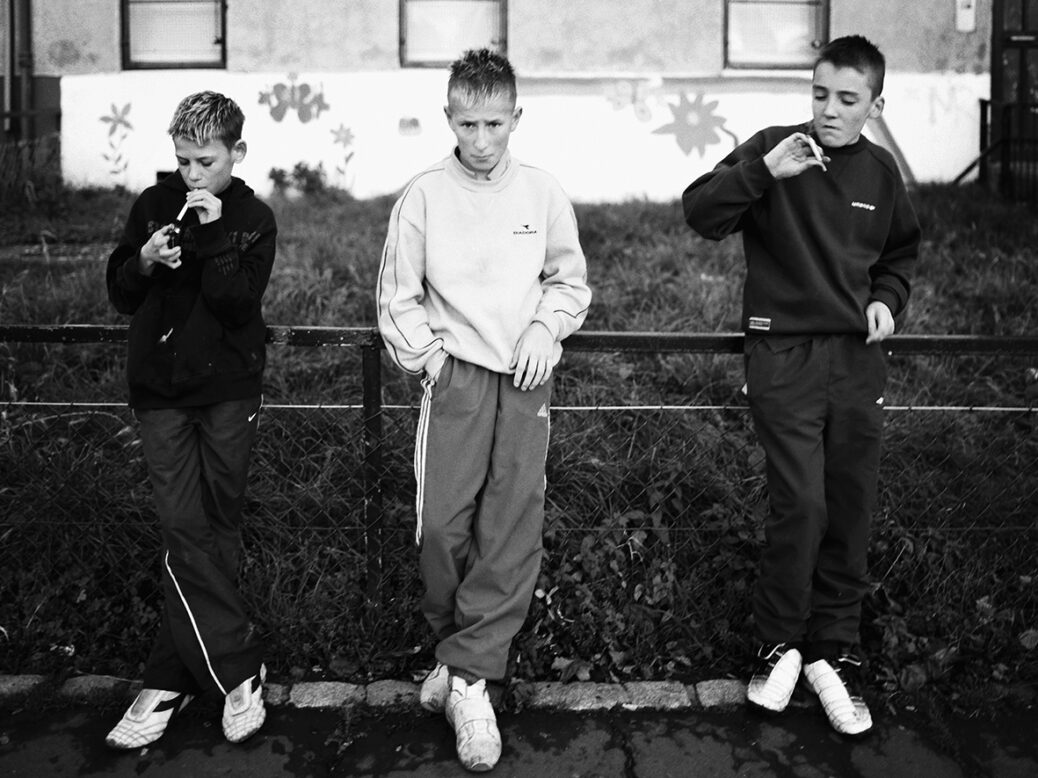
Growing up in Scotland, class loomed large – not in the day-to-day, but in decisions that were imposed on our community from the outside. The heavy industry that for centuries had sustained the area I grew up in was wound down completely in the 1980s, a move which in turn wound down the livelihoods of the families in the towns and villages around me. My classmates came from those families. As their work-hardened grandpas retrained as complaint handlers or sales associates, heroin arrived and dismantled their dads. By the time I started high school in the 1990s, the atmosphere of intergenerational hopelessness had curdled into detachment and adolescent ultraviolence – spoons in eyes, slabs on heads, blades in backs.
And not just after the home-time bell, but before it too – there was no chance for many pupils at my school because of chaos in the classroom; chaos created not just by poverty and joblessness, but also by a bizarre and dated curriculum that was impossible to relate to. The things we were given to learn were imposed from a distance by a separate class of people who had no concept of the reality of our lives or our futures.



